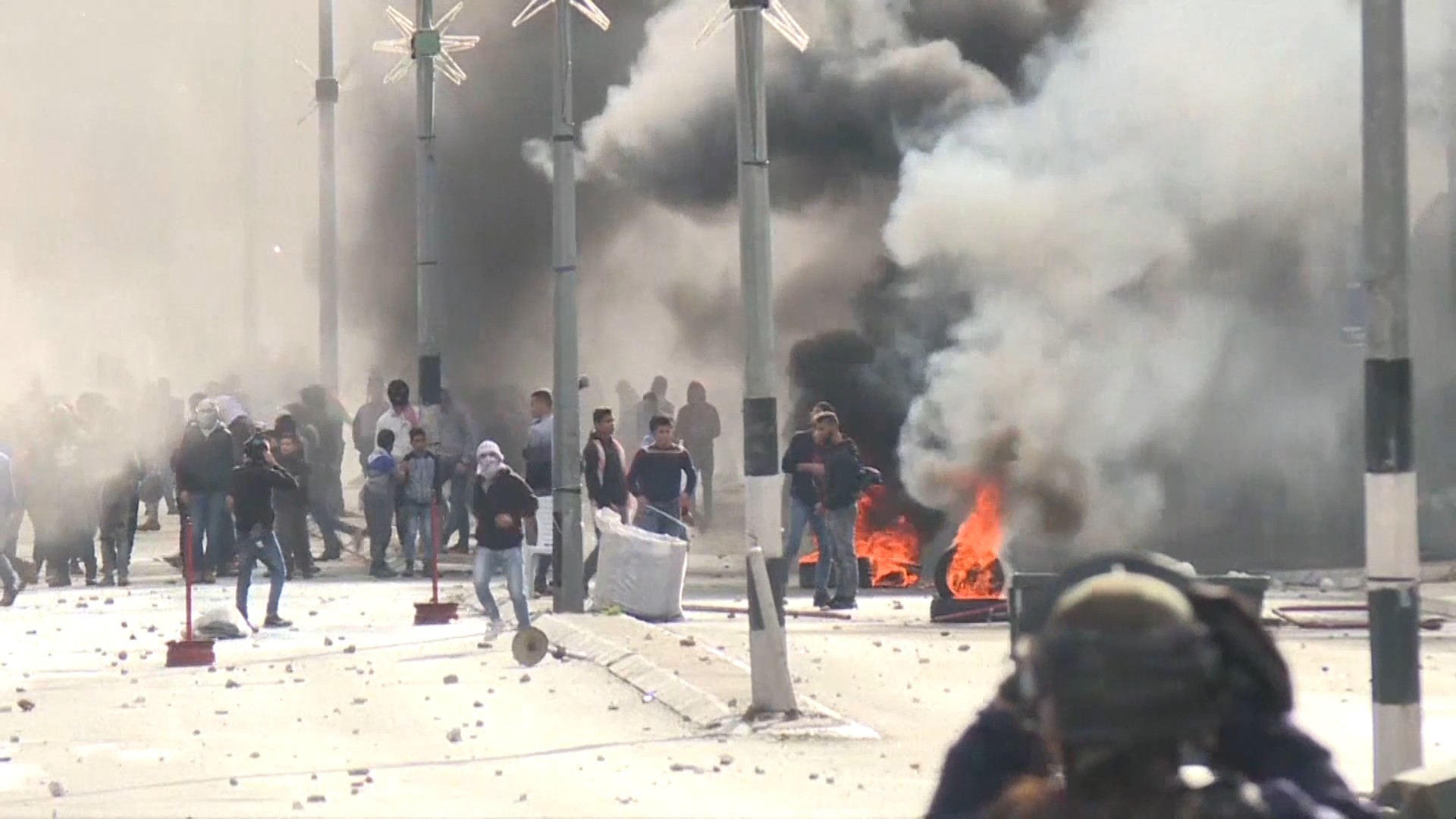Getty Images
NATO will hold its first high-level meetings with Russia in five years later this month, the end to a long diplomatic freeze between senior American and Russian officials.NATO’s Supreme Allied Commander Europe Gen. Curtis Scaparrotti will meet Gen. Valery Gerasimov, chief of general staff for Russia's Armed Forces, in Azerbaijan’s capital Baku later in January, Buzzfeed reported Sunday.The last senior meeting between the rivals took place in 2013. Subsequent contact was banned by the Obama administration in response to Russia’s annexation of Crimea.But current and former officials told Buzzfeed the deteriorating relationship between Moscow and Washington spurred by claims of Russian meddling in the 2016 election makes greater engagement a necessity.Tensions increased after the Trump administration approved the sale of anti-tank missiles to Ukraine last month, as its forces fight pro-Russian separatists in the east of the country.Also in the coming weeks, U.S. Special Representative to Ukraine Kurt Volker will meet with senior Putin aide Vladislav Surkov, and U.S. Under Secretary of State for Political Affairs Tom Shannon will meet Russia's Deputy Foreign Minister Sergei Ryabkov.State Department spokeswoman Heather Nauert told BuzzFeed the meetings were “all part of the normal course of diplomacy and it should come as no surprise to anyone that there are many issues that we need to discuss with the Russians.”Among the topics will be Russia’s huge war games exercise last September, following a report Sunday that the drill was in fact a simulation of an attack on NATO, and much bigger than Moscow claimed.Riho Terras, commander of the Estonian Defence Forces, told German newspaper BILD that the Zapad – Russian for “West” – exercises, held across Belarus, western Russia, the Baltic and Kaliningrad, were a dry run for a full-scale military attack on NATO in Europe.Intelligence analysts told the newspaper the exercises involved the drilling of shock campaigns against countries such as Germany, the Netherlands, Poland, Sweden, and Finland.The report said the number of troops participating in the exercises was significantly higher than the 12,700 claimed at the time by Russia, which said the exercise was purely defensive in nature.NATO Secretary General Jens Stoltenberg accused Moscow of being deceptive about the drill at the time. “The number of troops participating in the exercises significantly exceeded the number announced before the exercise – the scenario was a different one and the geographical scope was larger than previously announced,” he said.
Advertisement
